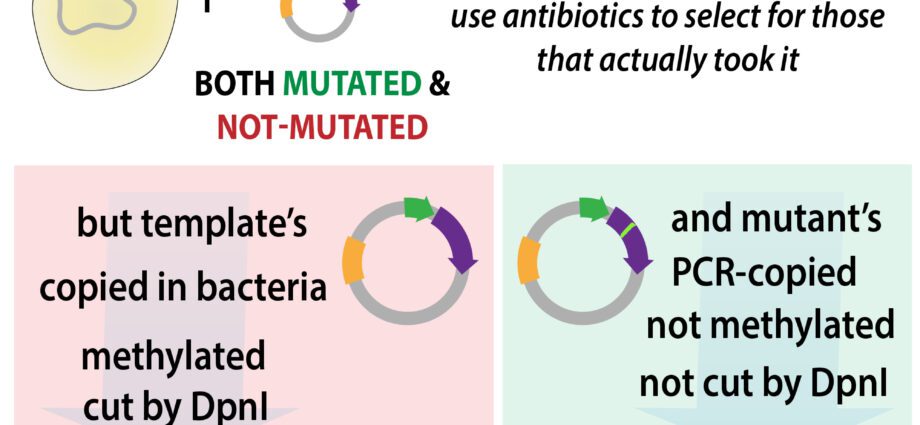Contents
DPNI: all you need to know about Non-Invasive Prenatal Screening
Non-invasive prenatal screening is a genetic test that can detect trisomy 21 in the fetus. What does this exam consist of? In which cases is it indicated for pregnant women? Is he reliable? Everything you need to know about the DPNI.
What is DPNI?
The DPNI, also called LC T21 DNA test, is a genetic test offered to pregnant women in the screening strategy for trisomy 21. It is a blood test taken from the 11th week of amenorrhea (AS ) and which allows the quantification and analysis of fetal DNA circulating in maternal blood. This examination is made possible by the innovative high throughput DNA sequencing technology NGS (Next Generation Sequencing). If the result shows that DNA from chromosome 21 is present in large amounts, it means that the fetus has a high probability of being a carrier of Down’s syndrome.
The test costs 390 €. It is covered 100% by the Health Insurance.
In which cases is this test offered to pregnant women?
In France, screening for Down’s syndrome is based on several elements.
Measurement of the nuchal translucency of the fetus
The first step in screening is to measure the nuchal translucency of the fetus during the first ultrasound (performed between the 11th and 13th WA). It is a space located at the level of the neck of the fetus. If this space is too large, it may be a sign of a chromosomal abnormality.
The assay of serum markers
At the end of the first ultrasound, the doctor also suggests that the patient perform the dosage of serum markers by means of a blood test. Serum markers are substances secreted by the placenta or the fetus and found in maternal blood. A level higher or lower than the average of serum markers may raise suspicion of Down’s syndrome.
The age of the mother-to-be
The age of the mother-to-be is also taken into account in screening for trisomy 21 (the risk increases with age).
After studying these three elements, the health professional who follows the pregnant woman estimates the risk that the fetus is a carrier of Down’s syndrome by communicating a figure to it.
In which case is the DPNI offered?
If the probable risk is between 1/1000 and 1/51, the patient is offered DPNI. It is also indicated:
- in patients over 38 years of age who could not benefit from the assay of maternal serum markers.
- in patients with a history of Down’s syndrome from a previous pregnancy.
- in couples where one of the two future parents has a Robertsonian translocation (a karyotype abnormality that can lead to trisomy 21 in children).
Before carrying out the examination, the pregnant woman must send a report of the 1st trimester ultrasound attesting to the normality of the nuchal translucency and a certificate of medical consultation and informed consent (this screening is not mandatory just like the dosage of serum markers).
How to interpret the result?
The test result is returned within 8 to 10 days to the prescriber (midwife, gynecologist, general practitioner). He is the only one authorized to transmit the result to the patient.
In the event of a so-called “positive” result
A so-called “positive” result means that the presence of Down’s syndrome is very likely. However, a diagnostic examination should confirm this result. It consists of analyzing the chromosomes of the fetus after amniocentesis (sampling of amniotic fluid) or choriocentesis (removal of a sample from the placenta). The diagnostic examination is considered as a last resort because it is more invasive than the DPNI and the assay of serum markers.
In the event of a so-called “negative” result
A so-called “negative” result means that no trisomy 21 has been detected. Pregnancy monitoring is continuing as normal.
In rare cases, the test may not give a result. According to the Biomedicine Agency, the number of non-actionable exams in 2017 represented only 2% of all NIDDs.
Is he reliable?
According to the Association des Cytogenéticiens de Langue Française (ACLF), “the results in terms of sensitivity (99,64%), specificity (99,96%) and positive predictive value (99,44%) in the population at risk increased fetal aneuploidy are excellent for Down’s syndrome ”. This test would therefore be very reliable and would also make it possible to avoid 21 fetal karyotypes (by amniocentesis) each year in France.










